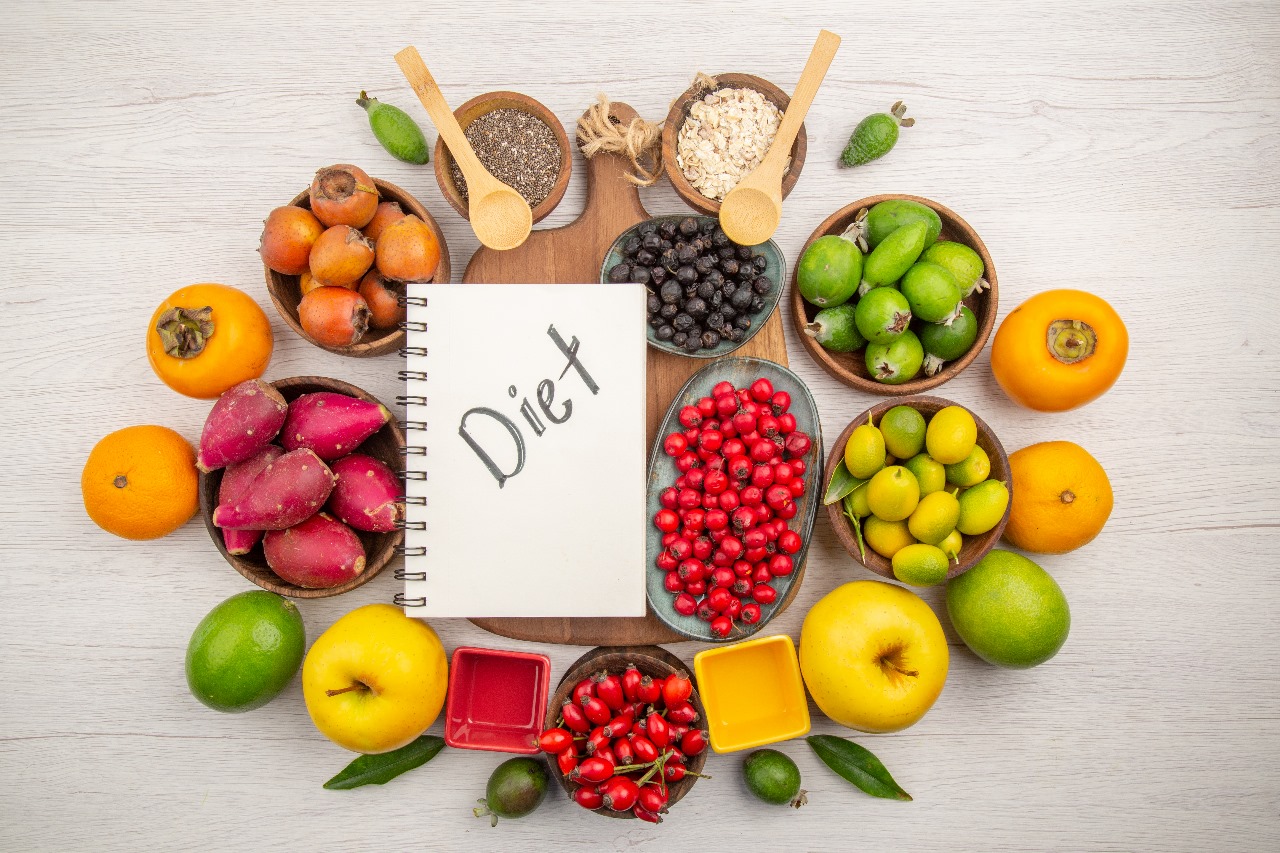Chronic Kidney Disease (CKD) is a long-term condition where the kidneys gradually lose their ability to filter waste and balance fluids in the body. Managing CKD requires a combination of medical care, lifestyle adjustments, and most importantly, a proper diet. Following the right chronic kidney disease diet can slow the progression of the disease, improve overall health, and reduce the risk of complications. Patients in Andhra Pradesh often consult the best kidney hospital in Vijayawada for guidance on creating a safe and effective CKD diet plan.
Here are 7 essential diet tips every CKD patient should follow:
1. Limit Salt and Sodium Intake
High sodium intake can increase blood pressure and put extra strain on weak kidneys. Patients are advised to avoid packaged and processed foods that are high in salt. Instead, use natural spices and herbs to flavor meals. Choosing a low-sodium CKD diet plan not only helps kidney function but also improves heart health.
2. Control Protein Portions
While protein is essential for body repair and strength, too much protein can increase the workload on damaged kidneys. Instead of a high-protein diet, CKD patients should consume moderate portions of lean protein sources such as chicken, fish, and egg whites. A nephrologist in Vijayawada can recommend the right protein intake based on the stage of kidney disease.
3. Monitor Potassium Levels
Potassium is necessary for nerve and muscle function, but excess potassium can be dangerous for CKD patients. Foods like bananas, oranges, and potatoes are high in potassium, while apples, grapes, and cauliflower are safer options. A doctor or best urologist in Vijayawada may suggest regular blood tests to monitor potassium balance.
4. Reduce Phosphorus in Meals
Phosphorus helps keep bones healthy, but damaged kidneys cannot filter out excess phosphorus effectively. Too much phosphorus can weaken bones and cause heart problems. Patients should limit foods like cheese, nuts, and dark sodas. Instead, low-phosphorus foods such as fresh fruits and rice are more kidney-friendly.
5. Stay Hydrated the Right Way
Drinking enough water is important, but CKD patients should avoid excessive fluid intake that may lead to swelling or high blood pressure. The exact amount of fluid varies depending on the stage of CKD. Always follow the advice of your nephrologist in Vijayawada for safe hydration levels.
6. Choose Kidney-Friendly Foods
A kidney-friendly diet focuses on fresh vegetables, whole grains, and healthy fats, while avoiding foods that put extra stress on the kidneys. Simple changes such as switching from fried snacks to steamed vegetables can make a big difference in kidney health.
7. Follow a Personalized CKD Diet Plan
Every patient’s condition is unique, which is why a personalized CKD diet plan is essential. Consulting specialists at the best kidney hospital in Vijayawada ensures that patients receive dietary advice tailored to their medical reports and lifestyle needs. Regular follow-ups with a nephrologist and dietitian can help track progress and adjust the diet as required.
Final Thoughts
Managing Chronic Kidney Disease requires discipline, but the right diet can make the journey much smoother. By reducing salt, controlling protein, monitoring minerals, and focusing on kidney-friendly foods, patients can protect their health and live better lives. For expert guidance, consult a trusted nephrologist in Vijayawada or visit the best kidney hospital in Vijayawada, where specialized doctors and dietitians provide comprehensive care.

